Want to Stay Youthful? Avoid These Mistakes

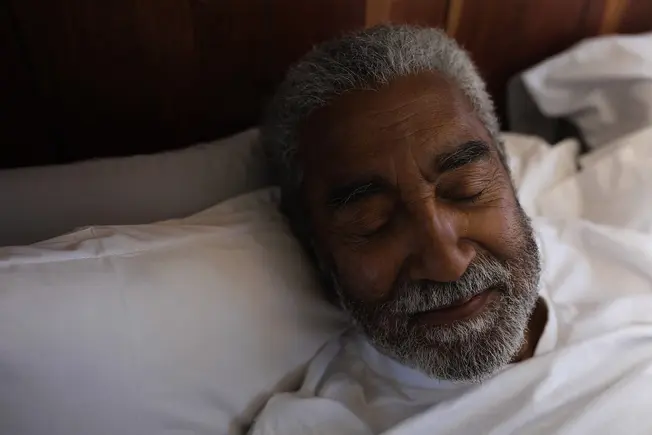
You Don't Sleep Enough
If you don't get your ZZZs, your skin can start to wrinkle and sag early. That's in part because your body releases more cortisol, a "stress hormone" that breaks down the collagen that keeps your skin smooth and springy. Try to set up a quiet, soothing bedtime ritual with regular hours, and avoid alcohol, caffeine, and electronics before bed.
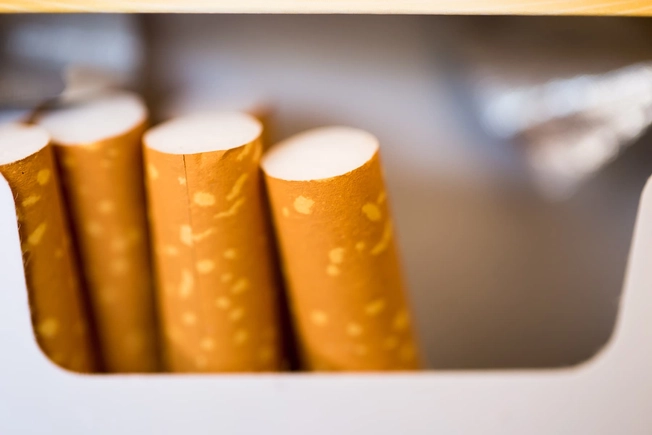
You're a Smoker
If you use tobacco, besides raising your chances of getting cancer, you could end up with wrinkled, sagging skin at a younger age. Smoking lessens blood flow that carries essential nutrients like oxygen to the surface of your skin and may slow your body's production of collagen. Talk to your doctor about ways to break the habit.
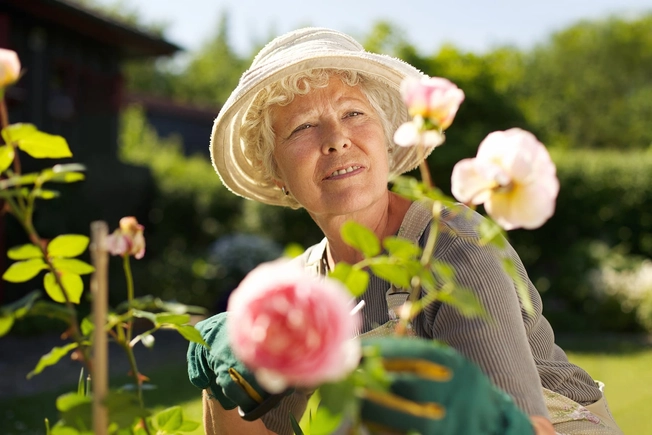
You're in the Sun Too Much
Some sunlight is good for you, but soaking up too many UV rays damages collagen in your skin and may cause your body to make too much of a protein called elastin. You might notice your skin start to thicken and develop a rough feel with deep wrinkles and varied color (age spots). If you must be in direct sun, cover up with hats, long sleeves, and sunglasses. Use a "broad spectrum" sunscreen that's got a rating of SPF 30 or higher.
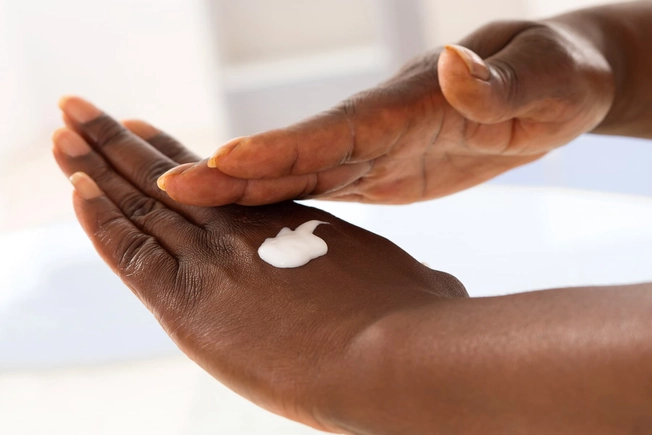
You Don't Moisturize Your Skin
If your skin dries out, it can give you the rough and scaly look of an older person. Wash your skin once or twice a day. Try to be fairly gentle because hard scrubbing can irritate it. Use a mild cleanser without alcohol or other ingredients that could inflame, roughen, or dry out your skin. Moisturize with cream twice a day to help seal in moisture that keeps you looking young.

You're Not Eating Healthy
The right foods help prevent heart disease, diabetes, and other illnesses that sap your youthful energy. Consider the heart-healthy Mediterranean diet. It's good for your brain, too. You may have to cut back a little on fatty red meat, but you'll get healthy fats from foods like fish, nuts, olive oil, and avocado, as well as plenty of whole grains, fruits, and vegetables.
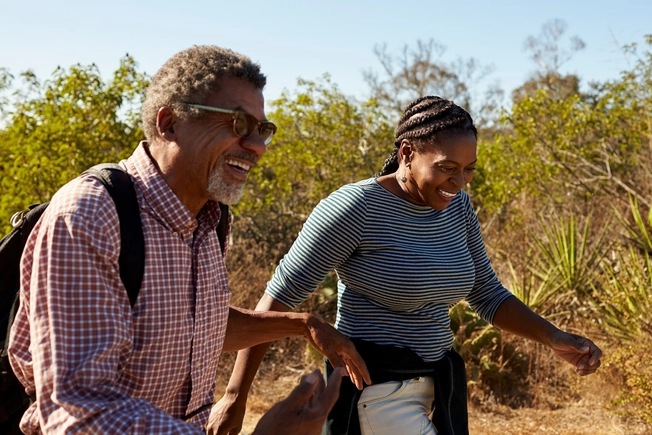
You Don't Exercise Enough
Regular physical activity is a key way to keep yourself feeling young. It strengthens your muscles, boosts your energy, and improves your mood. Moving around keeps your brain sharp and lessens the risk of age-related diseases like heart disease. You don't need to go to a gym or join a rugby team. Some brisk walking, yard work, or even dancing is just fine -- 30 minutes on most days of the week should do the trick.
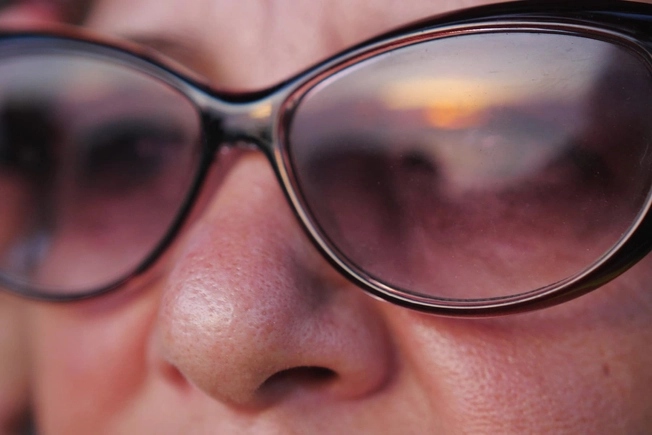
You Squint a Lot
When you squint, you crinkle up the skin on your face, which over time can lead to lines and wrinkles. Actually, any expression you make over and over can be a problem. If you're outside a lot, sunglasses might keep you from squinting and help prevent the "crow's feet" that can develop on the outside corners of your eyes. A large brimmed hat wouldn't hurt either.
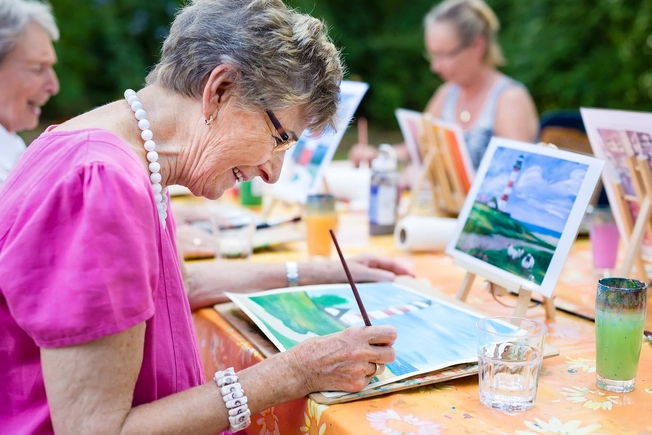
You Don't Have a Social Network
Staying connected with friends and family can help you stay young at heart -- and boost your emotional and physical health, too. It helps stave off anxiety, depression, and the dementia linked to old age, including Alzheimer's disease. And when you look for a community, remember, it's the quality of your social connections that matter, not the quantity.
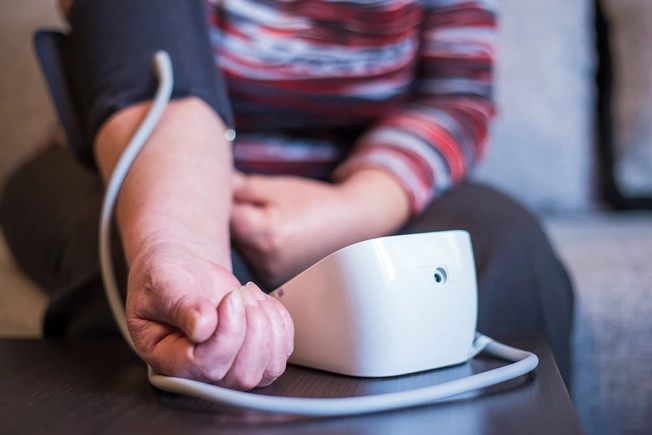
You Don't Watch Your Blood Pressure
High blood pressure raises your risk of age-related problems like vascular dementia and Alzheimer's disease, probably because it damages the tiny blood vessels in your brain. People who control their blood pressure with diet, exercise, and medication seem to be able to slow or prevent this brain decline.

You Don't Lend a Helping Hand
Your body releases more "pleasure hormones," or endorphins, when you spend money on other people than when you spend it on yourself. But it doesn't have to be money. The calmness, pleasure, and connection you feel when you help someone often makes you do it more, which in turn makes you even calmer and happier. It lowers stress and may even help your heart health and immune system -- your body's defense against germs.

You Skip Your Checkup
You should see your doctor for a physical exam every year after age 50. They'll check your blood pressure, cholesterol, and blood sugar. High levels can lead to heart disease, dementia, and other age-related illness. They may also check for any signs of mental decline, like memory problems. The earlier you find out about problems, the quicker you can start to treat them.
